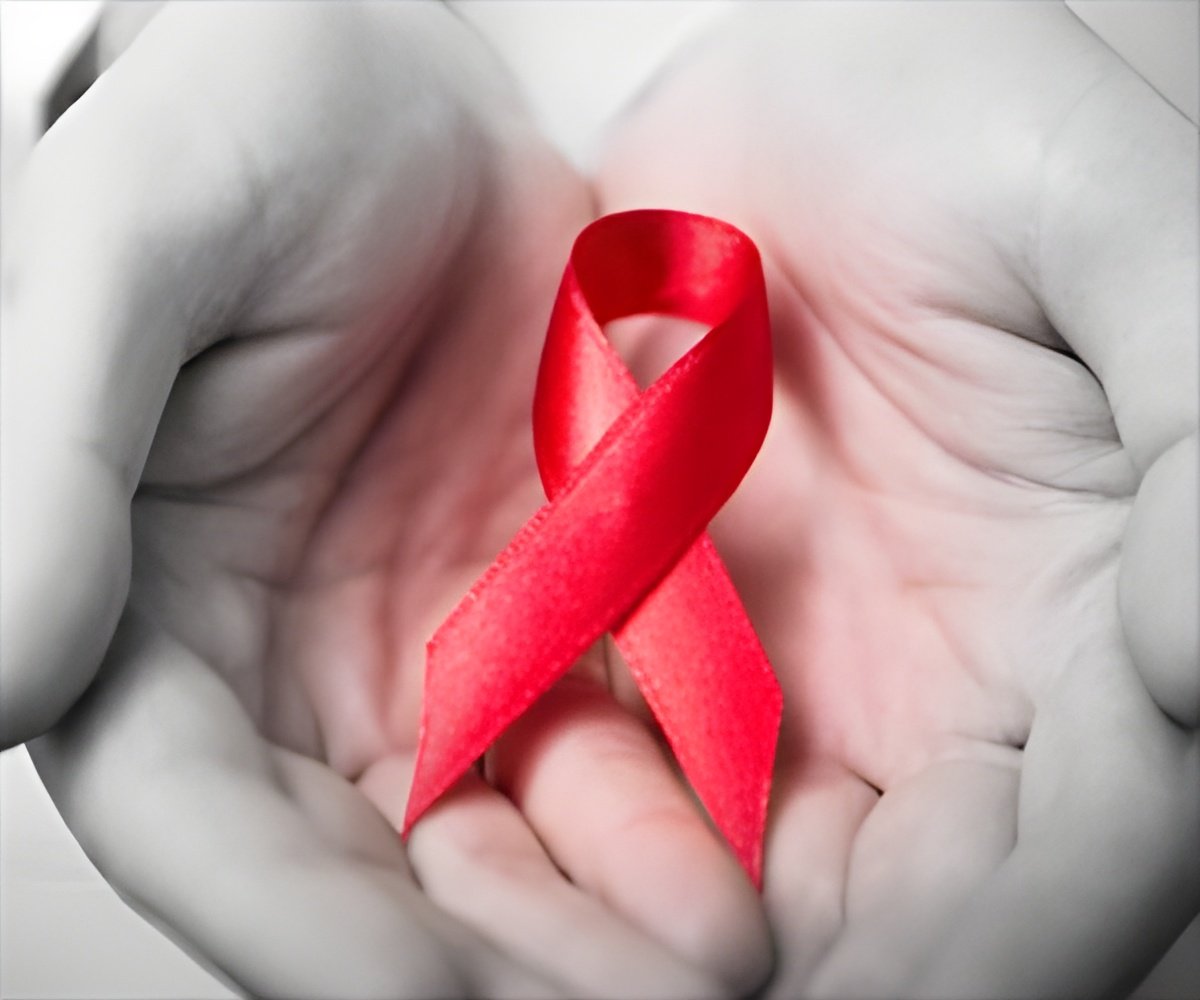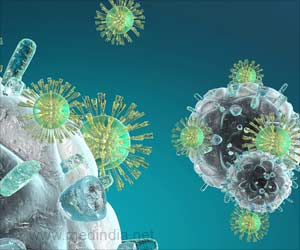
‘The first efficacy study known as Imbokodo will evaluate whether the investigational Janssen vaccine regimen is safe and able to reduce the incidence of HIV infection among 2,600 women in sub-Saharan Africa.’
Tweet it Now
The large-scale study known as Imbokodo (HVTN 705/HPX2008) will evaluate whether the investigational Janssen vaccine regimen is safe and able to reduce the incidence of HIV infection among 2,600 women in sub-Saharan Africa. In the recent years, there have been great advances in HIV treatment and prevention. However, nearly two million people still become infected with HIV every year. According to UNAIDS, women, and girls account for nearly 60 percent of people living with HIV in eastern and southern Africa.
“The Imbokodo study is a result of an undeterred public-private partnership committed to responding to our formidable foe HIV. Africa’s leadership role in bringing an end to the epidemic is documented in its groundbreaking scientific research and evidence in the dedicated contribution of its people,” said Professor Glenda Gray, CEO and President of the South African Medical Research Council and chair of the Imbokodo study.
For the first time in over a decade, two vaccine efficacy studies are taking place at the same time. HVTN 702, is currently underway in South Africa to evaluate a different vaccine candidate.
The development of HIV vaccine is challenging due to the unique properties of the virus, including the ability of the virus to mutate rapidly, its global diversity with multiple strains and subtypes prevalent in different parts of the world.
Advertisement
HIV/AIDS is one of the world’s most pressing global health challenges. An estimated 37 million people are living with HIV-1 globally, and 1.8 million people became newly infected with the virus in 2016. More than 790,000 new HIV infections occurred in eastern and southern Africa in 2016, where the new efficacy study is being conducted. In the United States, an estimated 1.1 million people were living with HIV at the end of 2014, and nearly 40,000 people were diagnosed with HIV in 2015.
Advertisement











